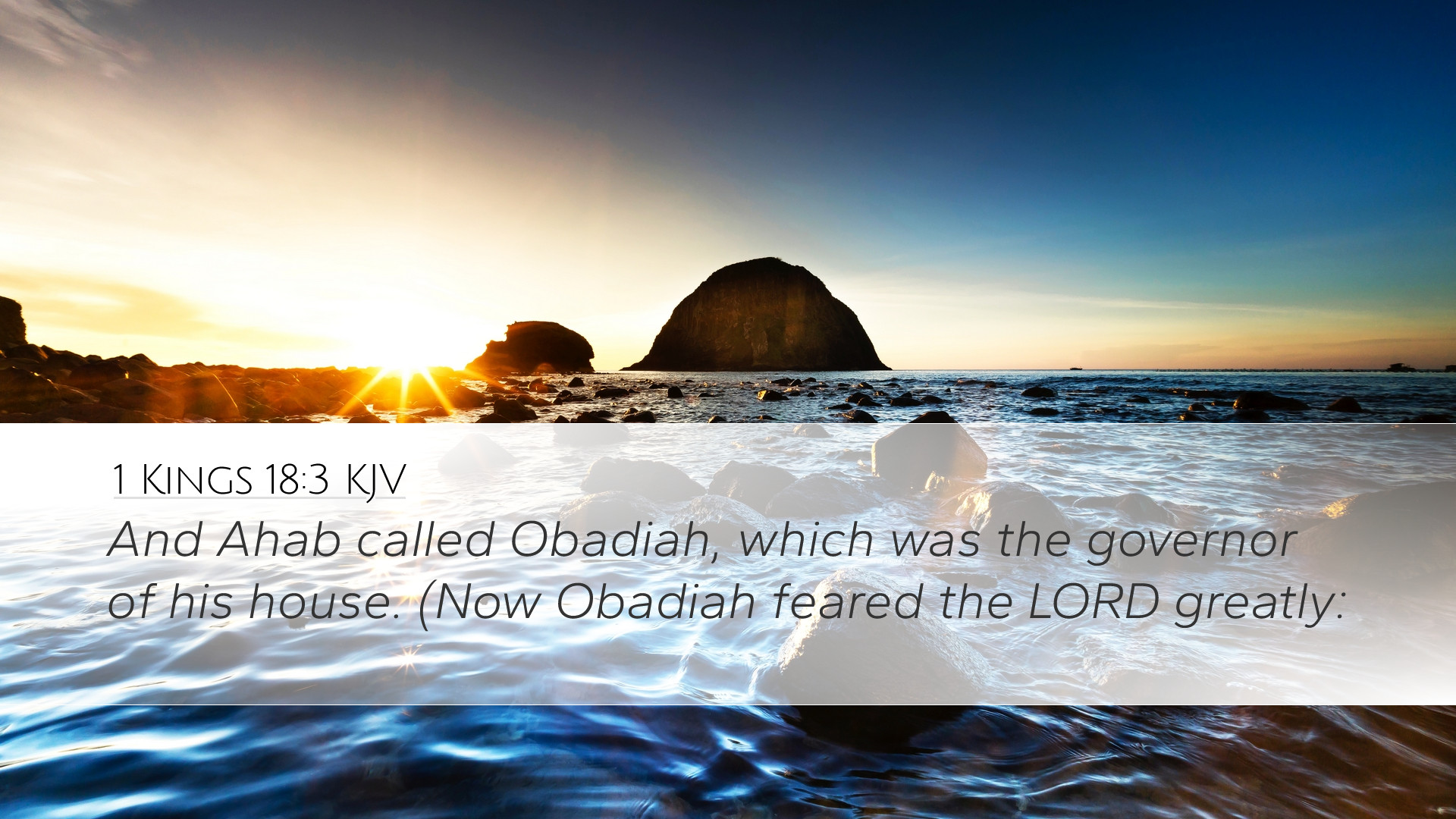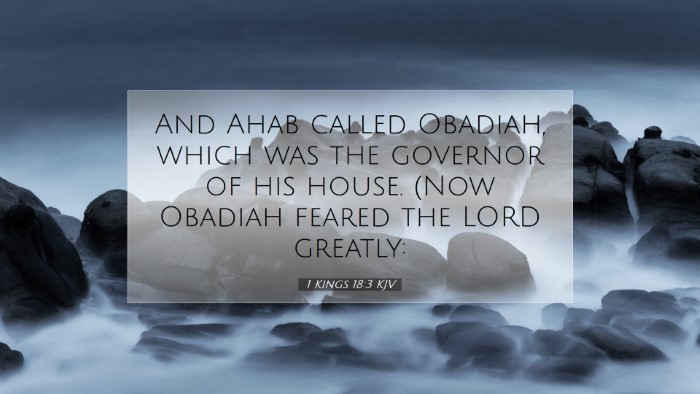Old Testament
Genesis Exodus Leviticus Numbers Deuteronomy Joshua Judges Ruth 1 Samuel 2 Samuel 1 Kings 2 Kings 1 Chronicles 2 Chronicles Ezra Nehemiah Esther Job Psalms Proverbs Ecclesiastes Song of Solomon Isaiah Jeremiah Lamentations Ezekiel Daniel Hosea Joel Amos Obadiah Jonah Micah Nahum Habakkuk Zephaniah Haggai Zechariah MalachiVerse
1 Kings 18:1 1 Kings 18:2 1 Kings 18:3 1 Kings 18:4 1 Kings 18:5 1 Kings 18:6 1 Kings 18:7 1 Kings 18:8 1 Kings 18:9 1 Kings 18:10 1 Kings 18:11 1 Kings 18:12 1 Kings 18:13 1 Kings 18:14 1 Kings 18:15 1 Kings 18:16 1 Kings 18:17 1 Kings 18:18 1 Kings 18:19 1 Kings 18:20 1 Kings 18:21 1 Kings 18:22 1 Kings 18:23 1 Kings 18:24 1 Kings 18:25 1 Kings 18:26 1 Kings 18:27 1 Kings 18:28 1 Kings 18:29 1 Kings 18:30 1 Kings 18:31 1 Kings 18:32 1 Kings 18:33 1 Kings 18:34 1 Kings 18:35 1 Kings 18:36 1 Kings 18:37 1 Kings 18:38 1 Kings 18:39 1 Kings 18:40 1 Kings 18:41 1 Kings 18:42 1 Kings 18:43 1 Kings 18:44 1 Kings 18:45 1 Kings 18:46

